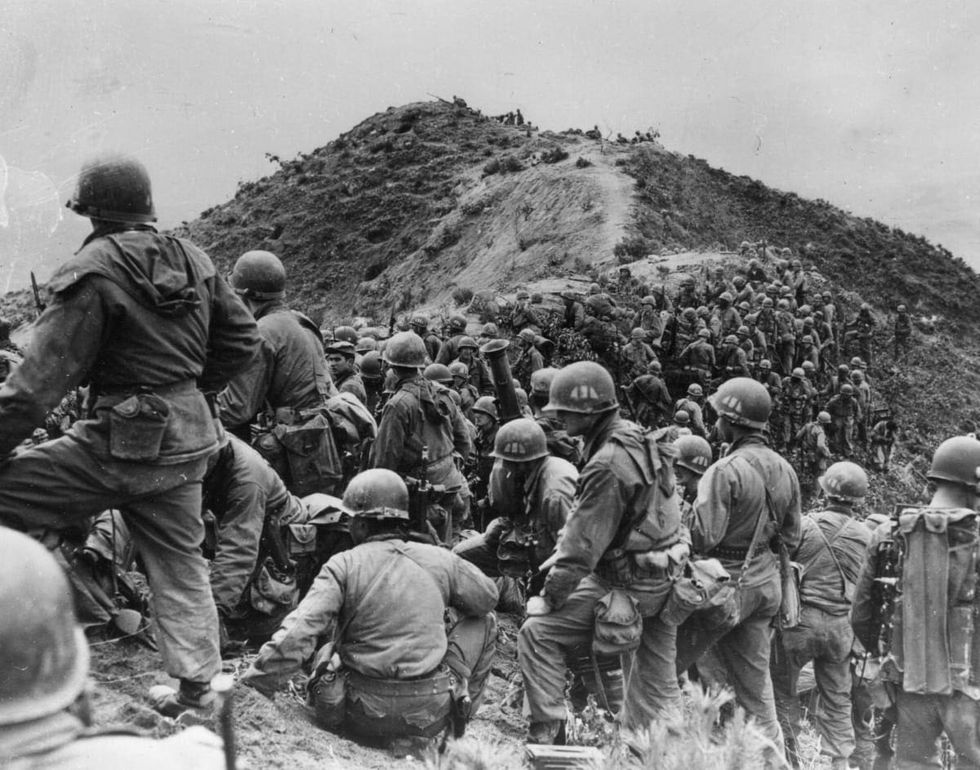At the first screening of the movie, “Ayla: The Daughter of War,” on September 11, 2017, retired Sergeant Suleyman Dilbirligi posed with real-life Ayla, Eunja Kim, stirring a tear-jerking moment for everyone who witnessed it. "Ayla" is a 2017 South Korean-Turkish drama directed by Can Ulkay. It is based on the true story of Kim and Dilbirligi from 67 years ago. Dilbirligi was one of the Turkish troops fighting in support of South Korea in its struggle for freedom and independence during 1950-53. During the battle, he found a 5-year-old girl alone in the woods. That’s when the young Turkish soldier rushed to her aid and took this little Korean girl under his protection. Her parents had been killed in the war, so the soldier decided to bring her to the Turkish garrison. He became her foster father and gave her a beautiful Turkish name, “Ayla.”
For 14 months, the Turkish soldier took care of her. However, when the troops had to return to their home country, he had no choice but to part with the little girl, who was then taken into an orphanage. According to the Istanbul University Press, Turkey participated on the side of the United Nations in the Korean War that began in the summer of 1950.

Years later, when Dilbirligi talked about Ayla, during an event organized to mark the 60th anniversary of the Korean War, South Korean government officials started looking for the girl. The two finally met in 2010 in South Korea in a tear-jerking reunion, after which they frequently wrote letters to each other over the years. Their real-life reunion was also shown in the 2010 Munhwa Broadcasting Corporation documentary “Kore Ayla” by Chuncheon MBC.
Following this, Eunja Kim visited Turkey for the premiere of the film and met Dilbirligi again. The next meeting for the 91-year-old old and 71-year-old Kim happened in an Istanbul hospital ward, where the Turkish war veteran was admitted due to a respiratory failure. Dilbirligi could only gesture with his hands, which brought tears to Kim’s eyes, the man she recalled as her “father.”
Coşkun Yılmaz, the then-head of the culture and tourism authority in Istanbul, who accompanied Kim during the visit, told Anadolu Agency that it was a moving moment, showing the longing of a daughter for her father. "Kim grabbed her foster father’s hands as soon as she entered the room, and later she cried a lot. It was a very sad scene," Yılmaz said. "While she was holding his hands, her foster father reacted to it. One of the hospital workers there said that he hadn’t been reacting to anything up until now, [but now] apparently he felt that his daughter was there,” he added. Dilbirligi passed away in 2017.
























 Ladder leads out of darkness.Photo credit
Ladder leads out of darkness.Photo credit  Woman's reflection in shadow.Photo credit
Woman's reflection in shadow.Photo credit  Young woman frazzled.Photo credit
Young woman frazzled.Photo credit 